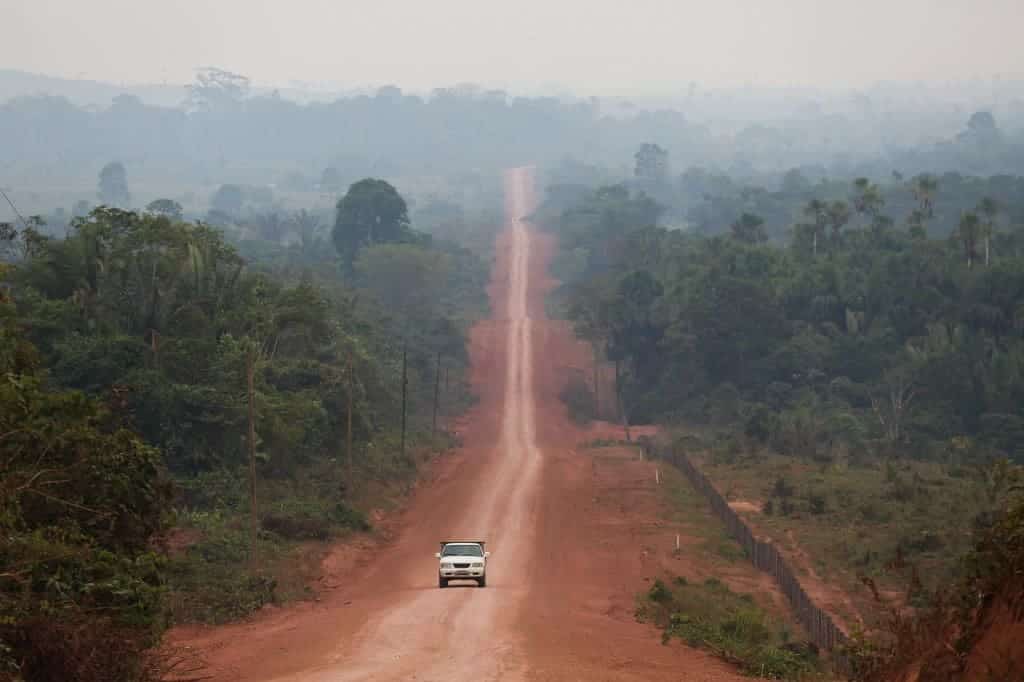The deforested area in the Cerrado, the Brazilian savannah, increased 25% between August 2021 and July this year, with 10,689 km² destroyed, the highest mark in the last seven years, according to official data released Wednesday.
The area lost is close to the area destroyed in the Amazon in the same period, 11,568 km, according to data from the deforestation monitoring system PRODES, of Brazil’s National Institute for Space Research (INPE).
Deforestation in the Amazon fell 11% in 12 months, although it remains at a high level.
The previous year, deforestation in the Cerrado biome, one of the most biodiverse tropical savannas in the world and home to about a hundred indigenous peoples, had reached 8,531.44 km2.
“This is the third consecutive year of increased destruction of the Cerrado, a situation never seen in the historical series” of the INPE, with annual records since 2000-2001, highlighted a report by the environmental organization WWF Brazil, based on government data.
It is the highest annual deforestation record in the Cerrado since the period from August 2014 to July 2015 (11,100 km²).
At nearly two million km² – the size of Mexico – it occupies about a quarter of Brazil’s vast territory.
During the government of the ultra-right-wing Jair Bolsonaro, which began in 2019, the loss of native vegetation in the biome accumulated a total of 33,444 km2, equivalent to “more than six times the area of Brasilia”, indicates the NGO.
Meanwhile, in the Amazon, the average annual deforestation under the administration of the ultra-right-winger increased 59.5% compared to the previous four years, according to INPE figures.
Bolsonaro, who will finish his term at the end of this year after losing his reelection in the October elections to former leftist president (2003-2010) Luiz Inácio Lula da Silva, has been accused by environmentalists of having weakened protection programs and of promoting destruction with his defense of mining and economic exploitation of protected areas.
Lula promised to work to eliminate deforestation by 2030, once he assumes power on January 1.
“We must urgently change the trajectory of deforestation in the Cerrado (…) Less Cerrado means more expensive food and electric power”, given that it feeds water to key dams in generation”, warned Edegar de Oliveira Rosa, director of Conservation and Restoration of WWF Brazil, quoted in the statement.






